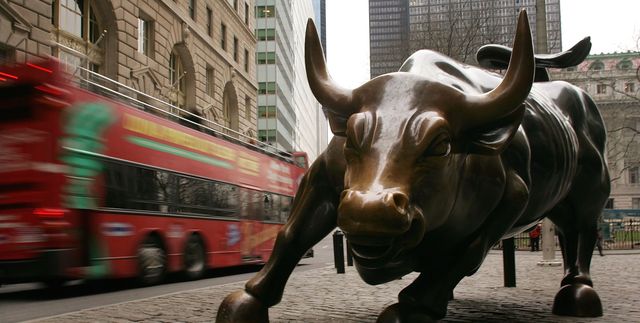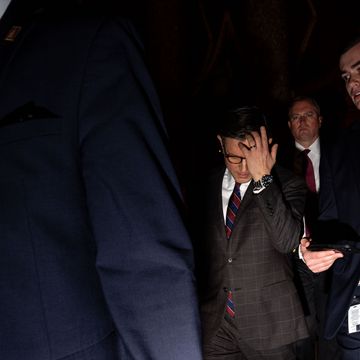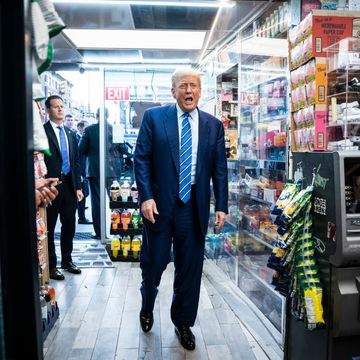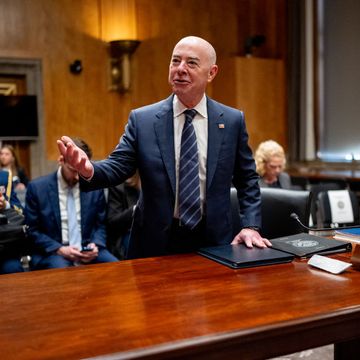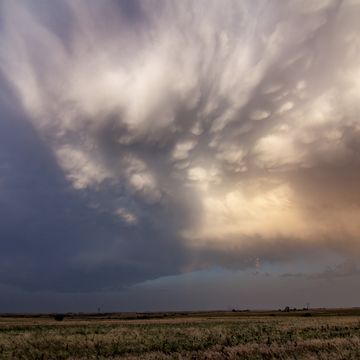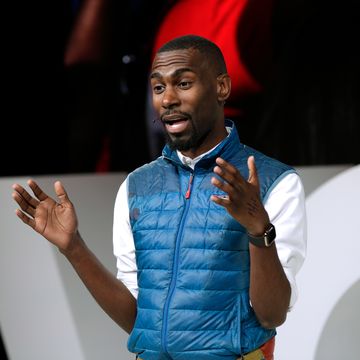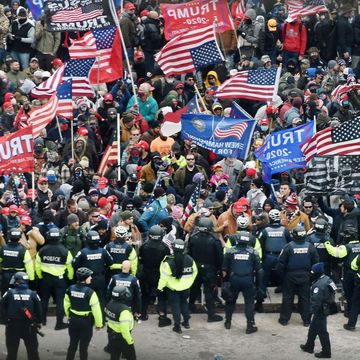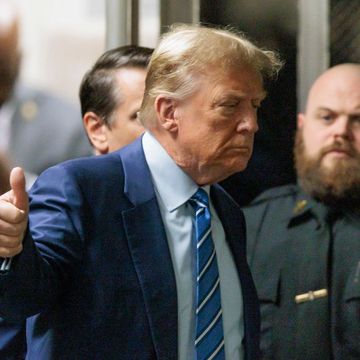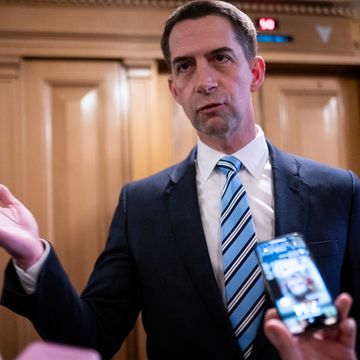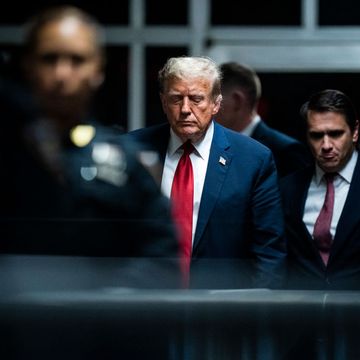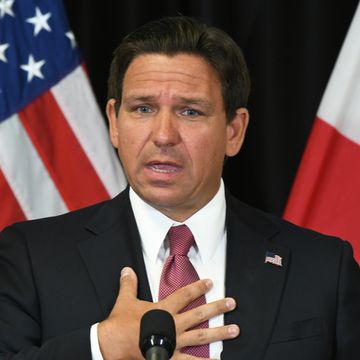The invaluable International Business Times, under the direction of David Sirota, has been doing god's work on the circumstances of the economic crisis of 2008, even though most of the rest of the country's political class—including, sadly, the president—has moved on. Now, the IBT crew points us to a couple of data-crunching academic studies that seem to illustrate that the scramble to "save" the economy managed to enrich further many of the same people who caused it in the first place, and that the rescue itself was yet another shell game conducted for the benefit of the thieves paradise that is the financial services industry.
One study suggests politically connected executives traded on non-public information about the government's subsequent bailout after the crisis hit. The other suggests that despite their claims to the contrary, many bank executives understood the risks they were taking in the lead-up to the crash, and sold their personal holdings in their firms before the crisis hit.
I'm sorry, Prefect Renaud, did you say something?
That's what I thought you said.
The first study is interesting enough, but it's the second one that should frost people. We all know that the various crooks and vandals and second-story men involved in the crash managed to find a way to turn a buck betting against their own products. (The Big Short was nominated for five Oscars, after all.) But the data-heads who conducted the second study make it quite clear that their data showed those people knew full and well what was bearing down on the rest of the country.
"Nobody was prepared for this," said Citigroup executive Robert Rubin, in an emblematic comment. He added that "what came together was not only a cyclical undervaluing of risk [but also] a housing bubble, and triple-A ratings were misguided... There was virtually nobody who saw that low-probability event as a possibility." Researchers tested that storyline against the SEC disclosures of top executives' stock trades at 170 companies. That survey found a connection between bank executives selling their own personal company holdings and the performance of their firms in the crisis. The connection was particularly intense at firms with high exposure to the housing investments that fueled the crisis, said researchers at Ozyegin University, Universidad Carlos III de Madrid and Universitat Pompeu Fabra-ICREA. "Many defenders of finance in the recent crisis suggest that the giant institutions were really taken by surprise when the bubble popped," said the researchers. "Our results suggest that insiders understood the heavy risk-taking in their banks; They were not simply over-optimistic, and hence they sold more of their own shares before the crisis."
There is some stirring on this front again. Between John Stumpf of Wells Fargo and Heather Manchin Bresch of Mylan, there's some serious disrespect being visited upon our masters of the universe by Congress. Also, Senator Professor Warren is making noises about wanting to see the FBI files relating to the decision not to investigate aggressively the causes of the crash.
I'm not entirely sure anything more is going to come from this flurry of activity than has come from any of the other flurries of activity, especially in an election year. But we all need reminding now and again that it wasn't an accident. And that it won't be an accident the next time it happens, either.
Click here to respond to this post on the official Esquire Politics Facebook page.

Charles P Pierce is the author of four books, most recently Idiot America, and has been a working journalist since 1976. He lives near Boston and has three children.
